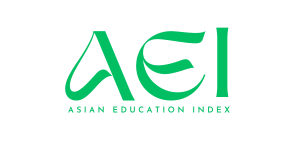STUDY AND ANALYSIS OF FISCAL POLICY TRENDS IN IRAQ AFTER 2003
Keywords:
fiscal policy, general budget, Iraqi economy.Abstract
This study aims at the mechanism of fiscal policy work in the Iraq after 2003, because of the occupation and destruction of infrastructure and the promise of stability in oil prices, noting that Iraq rentier country depends in its revenues on oil and oil exports as revenue for the general budget by more than 95% and the trends of fiscal policy in Iraq after 2003 can be determined by two directions: Prioritize public government spending on the nature of consumption rather than directing spending (current spending) towards growth, stability and economic development. The second trend: is the adoption of the general budget on an operational basis based on the generation of a wide class of government sector employees (disguised unemployment) This places great burdens on the reality of the Iraqi economy, despite the rise in oil prices and increased revenues, but these revenues are directed towards current spending at the expense of investment spending. Therefore, fiscal policymakers should invest money in long-term fiscal investments that stabilize the country's economy, reject the budget with public revenues, reduce consumer public spending, and reduce disguised unemployment in Iraq. Fiscal policy must also coordinate with other economic policies in order to affect the economy and be more effective through its social, economic and political paths in order to achieve economic stability for the country.
Downloads
Published
Issue
Section
License

This work is licensed under a Creative Commons Attribution-NonCommercial 4.0 International License.









